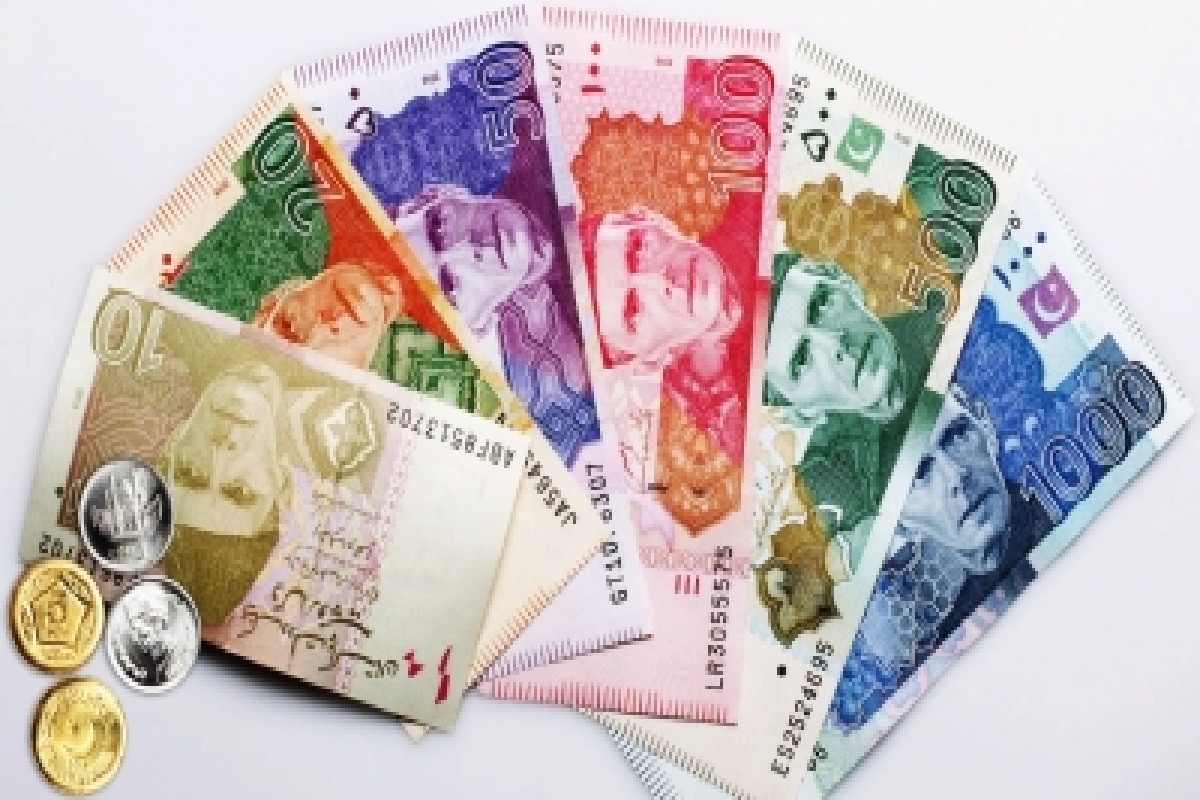The Pakistani rupee plunged to a historic low of 183.70 against the US dollar in the interbank market after the State Bank of Pakistan (SBP) reported a massive outflow of $2.9 billion, Dawn new reported.
The SBP announced that its foreign exchange reserves dropped to $12.047 billion during the week ended on March 25 due to a major repayment of Chinese loans while the rest was regular debt servicing.
Advertisement
“This decline reflects repayment of external debt including a major syndicated loan facility from China,” said the SBP.
The SBP did not mention the specific figure as repayment to Chinese syndicated loans.
However, media repoorts suggested that the SBP had repaid $2.4 billion to China.
“The rollover of this syndicated facility is being processed and is expected shortly,” said the SBP, adding that the amount is expected to come back in the reserves after completion of the rollover process.
Foreign Minister Shah Mahmood Qureshi, who is in China, said that his Chinese counterpart had assured him that Beijing has agreed in principle for granting rollover of $2.4 billion in commercial loans to Pakistan.
The SBP reserves have been falling since August 2021 despite $2 billion inflows from IMF and ‘sukuk’ (Islamic financial certificate) proceeds.
The foreign exchange reserves of the SBP have fallen by $8.026 billion to $12.047 billion from $20.073 billion in August 2021. It was the lowest since October 2020.
The political crisis in Pakistan resulted in outflows of foreign investments in the domestic bonds which weakened the local currency.
About $387 million from the Pakistan Investment Bonds and treasury bills left Pakistan in March alone.
Pakistan borrowed heavily from China during the last three years to meet its foreign obligations while the previous debts of the Paris Club and other financial institutions have already burdened the economy.









